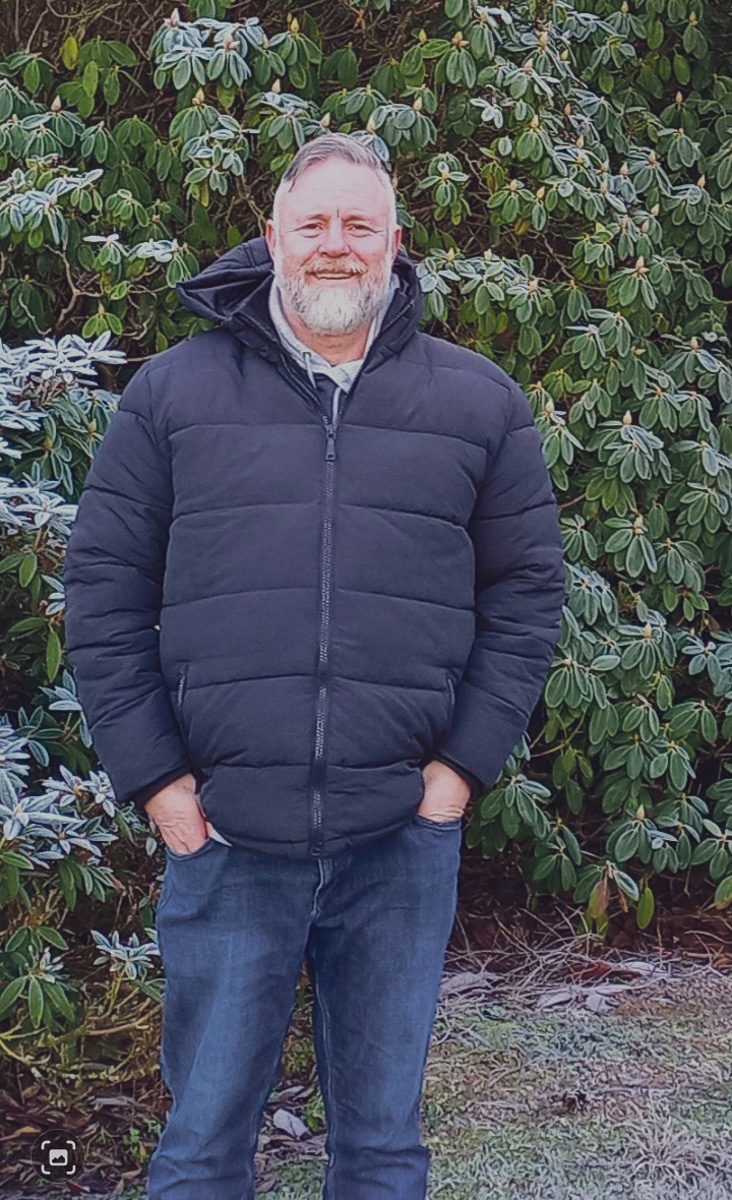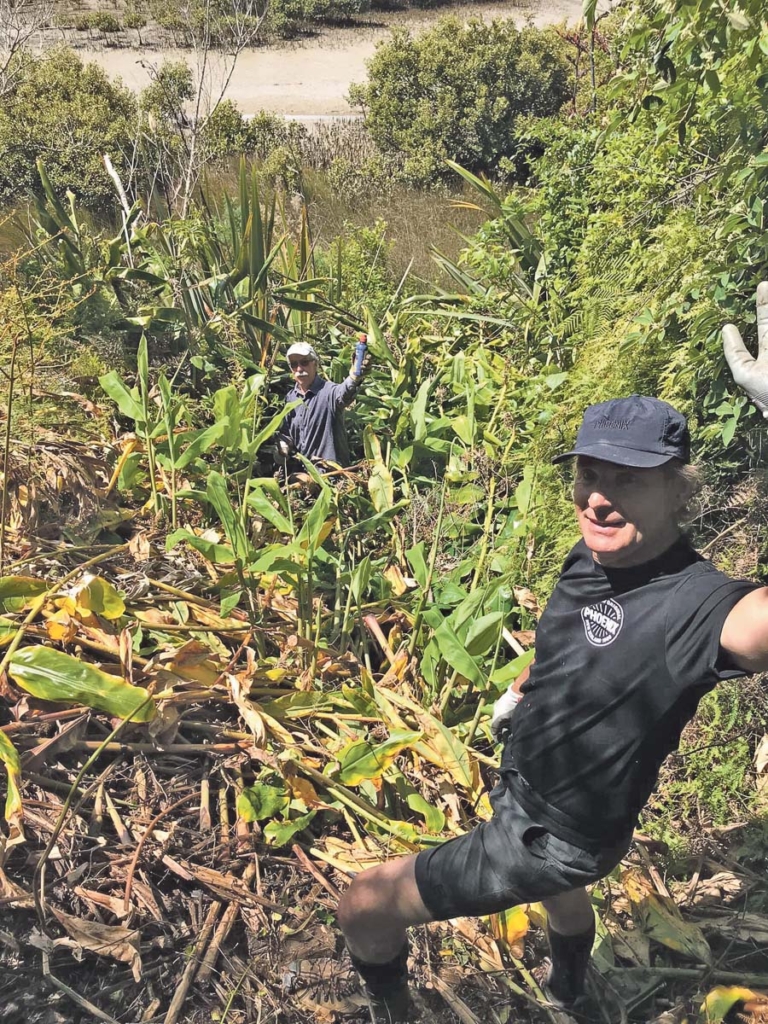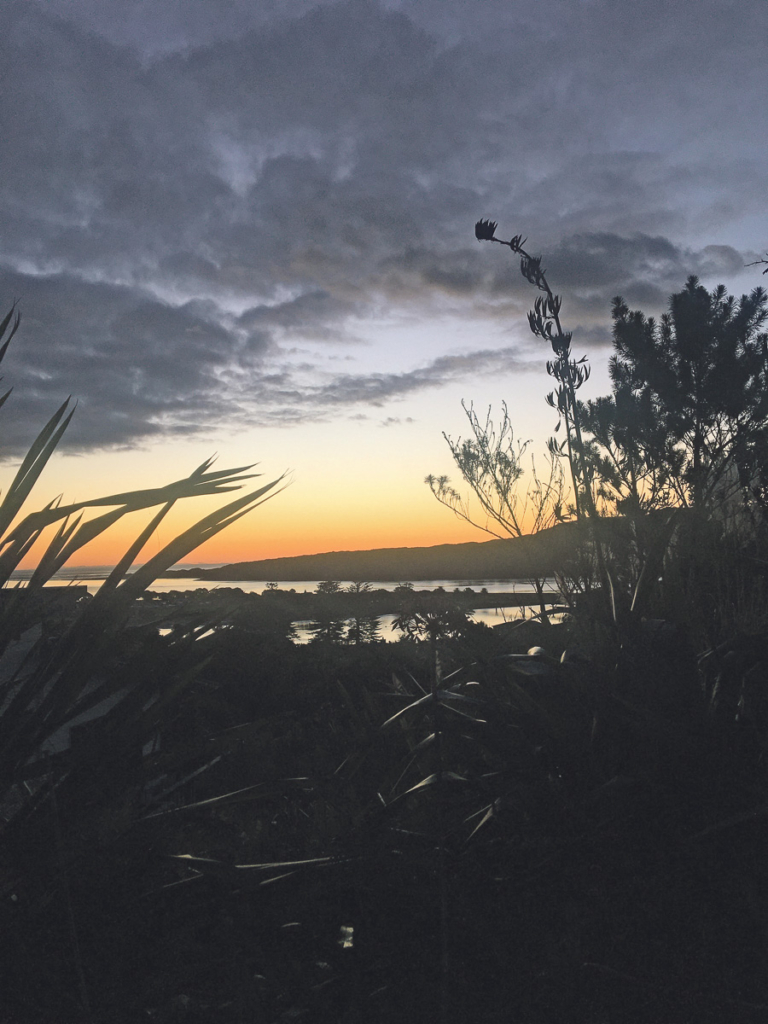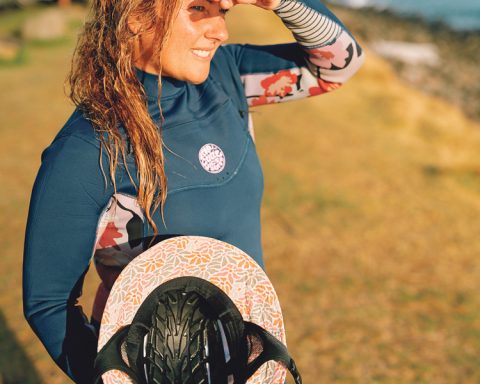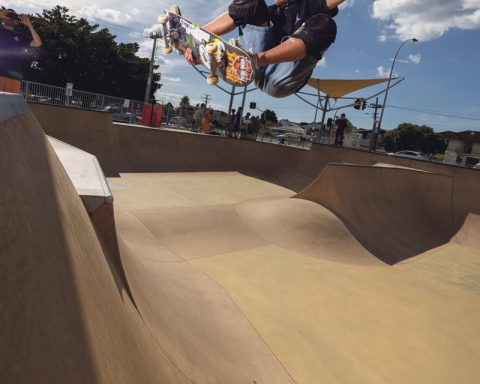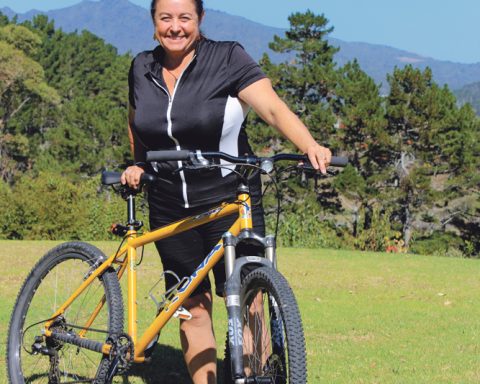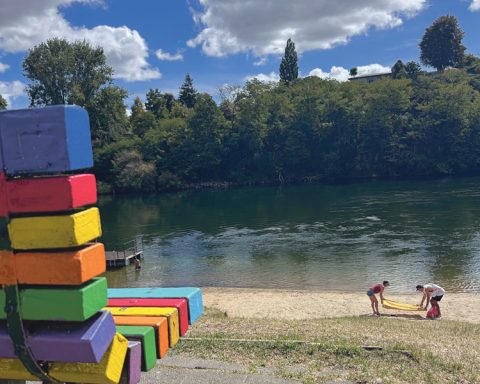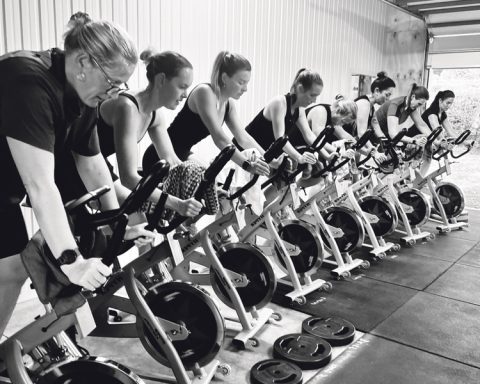Bevan Lockwood has lived in Raglan for 27 years. We sat down on a rainy afternoon to talk about his journey and how it’s made him who he is today.
Content Warning: This article contains sensitive content and discusses mental health topics, which may be triggering for some readers. Reader discretion is advised. Professional helplines can be found at the end of the article.
What is your relationship like with your mental health?
I would say it’s mostly good, but I can have dark phases. Being 57, I’ve learnt some good management tools. I’d say I’m the best me I’ve ever been but it’s taken a lot of work. It’s not in the forefront of my everyday life, I just get on with it. I am acutely aware of it though and it’s a passion as well. I want to make sure this lovely village of ours stays lovely and I try to check in on others too. Not in an invasive way, in a trusting way.
What has your relationship been like in the past with your mental health?
I was abused for the first 16 years of my life instead of nurtured. It wasn’t the physical but the psychological and emotional stuff that was the worst. I attempted suicide at 16, thank God I didn’t manage it. I was a very angry, confused man from 16-25, then at 28 I learned about forgiveness. I flew from Raglan to Dunedin to forgive my abuser and they wept in my arms, there was so much guilt. It took a while to come to that.
I liken abuse to buying a computer that has a blank hard drive; that’s a child. It’s got no Windows or iOs or Firefox, it’s blank. If you’re nurtured, it gets filled with all the programmes you need to survive, but if you’re abused it gets filled with malware, spyware and viruses. I was with a psychologist from 30-33 and he helped me replace all those lies with truth. I hate to think what I’d be like if I hadn’t met him. He’s the most truthful person I’ve ever met; he would say “first truth, then peace”. I loved his incisive simplicity, which is rare. I was so messed up that when I found him I went down to Nelson and lived with him and his wife for two weeks and had one session a day with him. They actually gave a shit about me. He ran a three week school and I did that in Hamilton. At that stage it was a way of equipping myself to help other people. I knew I didn’t want to absorb all this truth and keep it to myself.
When you’ve been at the lowest points, what is it that got you through?
I found this GP who I bonded with over our clinical background. I was a medical scientist for 20 years. When I was 40, he told me I was burning out and it would take me two plus years to deal with it. It was almost a relief to burn out and just stop and not be able to work. I’d never done anything for myself. Leo, my GP, said, “Have you ever been selfish?” It’s one of the qualities I hate the most but he taught me about healthy selfishness. Unless you’re any good for yourself you’re no good for others. How long had I ignored that? So it took quite a few years to deal with the burnout. But the lowest point in my entire life was when my 13 year marriage failed and I wasn’t able to see my three children all the time. I wanted to give them a perfect childhood because I hadn’t had one. I lived the perfect life that I dreamed of as a kid, and then it was gone. It took a long time to get out of that. I was drinking very heavily but I just needed to blank out. I ended up in a hut that I built on a mate’s property in Whale Bay. I spent two years, from 47-49, battling almost daily. I was broken. It was worse than my childhood, it was worse than the burnout. But now, I’m the best person I’ve ever been because I’ve done the work. In the last seven years, especially. I just thought, I’m going to let this make me. It’s hard to own your shit; some of it might not be that pretty. Not only have I been abused but I’ve got learned behaviours from being in that environment during a formative time. I didn’t think I was going to get out of that dark phase at all. It was a slow process. I just took it one day at a time. I thought, I’m going to be a brilliant ex-husband. And our children are happy, well-adjusted kids, much better off than two parents not loving each other at home. We broke an inter-generational cycle on both sides.
What lessons have you learnt throughout your life?
It’s the hardest thing to do, and I had to overcome the lies from my childhood, but it is to be kind to yourself. It’s really high on any list of having good long term wellbeing; just being good at self-assessing and being kind to yourself. And cut yourself some slack! My oldest daughter is named Grace for a reason. It’s crucial; it’s a key ingredient of living. If you can’t extend it to yourself, you won’t be able to extend it to others. Also I’ve learned to not regret yesterday, to not worry about tomorrow and to live in the present.
What are the tools in your toolkit?
My toolkit is incredibly simple. I don’t drink a lot as alcohol is a depressant. Sleep is super important to me; you cannot function at any level as a human without quality, regular sleep. It sounds cliché but it’s eating clean as well. Checking in with people that you know are safe and I want to be that person for other people as well. We need to be a lot more open when we are having a tough time or suffering. Even though I’ve had a hard life, I’m grateful. I believe whatever the question is, love is the answer. Considering my start, I’ve lived large. I’ve given it a good shake. I still find meaning in where I’m at, because every day I try to spread love.
Where to get help
737, Need to talk? Free call or text 1737 to talk to a trained counsellor.
Depression.org.nz 0800 111 757 or text 4202
Lifeline 0800 543 354
Mental Health Foundation 09 623 4812,
Rural Support Trust 0800 787 254
Samaritans 0800 726 666
Suicide Crisis Helpline 0508 828 865 (0508 TAUTOKO)
Yellow Brick Road 0800 732 825
thelowdown.co.nz Web chat, email chat or free text 5626
What’s Up 0800 942 8787 (for 5 to 18-year-olds). Phone counselling available Monday-Friday, noon-11pm and weekends, 3pm-11pm. Online chat is available 3pm-10pm daily.
Youthline 0800 376 633, free text 234, email talk@youthline.co.nz, or find online chat and other support options here.
In a life-threatening situation, call 111.
